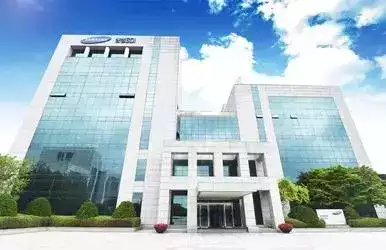 In the global market, prismatic cells accounted for 78.3% in the January-October period, up from 70.9% in 2023.
In the global market, prismatic cells accounted for 78.3% in the January-October period, up from 70.9% in 2023.Three South Korean electric vehicle battery makers saw their combined global market share fall from a year earlier in the first 10 months of 2024 amid robust growth of Chinese rivals, industry data showed on Monday.
The trio - LG Energy Solution, SK On Co. and Samsung SDI Co. - held a combined 20.2% of the global EV battery market in the January-October period, down 3.5 percentage points from a year earlier, according to the data from market researcher SNE Research.
Chinese makers CATL and BYD saw their combined share reach 53.6%, reports Yonhap news agency.
The South Korean firms had enjoyed a combined market share of 31.7% over the same period in 2021, while that of the Chinese companies stood at 39.7%.
The decline in the market share of the Korean companies is due to the rapid growth of Chinese competitors, who focus on cheaper products amid a sluggish EV market, SNE Research said.
Chinese makers lead the EV battery market with prismatic cells, which offer better durability and higher energy density compared with other battery formats.
In the global market, prismatic cells accounted for 78.3% in the January-October period, up from 70.9% in 2023.
In South Korea, Samsung SDI is the only domestic company supplying prismatic battery cells.
To stay competitive, LG Energy Solution announced plans last week to develop prismatic battery cells in cooperation with General Motors Co.
SK On has already completed the development of prismatic battery cells and is in talks with its customers to decide the timing of mass production.
In addition, to compete with the Chinese rivals, South Korean battery makers are also working on producing lithium iron phosphate (LFP) batteries, which are in higher demand due to their lower cost.
LFP batteries are cheaper and more sustainable than the nickel-cobalt-manganese (NCM) batteries, which are the most common in EVs.
SNE Research said Chinese battery makers' market share expanded to a large extent because of LFP batteries replacing NCM batteries in the global market.
